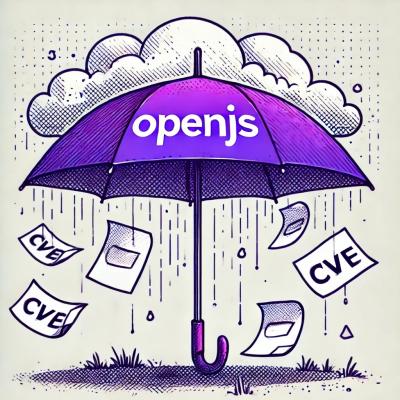Ure
Ure is a Ruby Gem that fixes the biggest problems with Struct, namely the lack of immutability and required keyword arguments.
For example, you can do this with Struct:
Car = Struct.new(:paint, :year)
=> Car
scooby_van = Car.new
=> #<struct Car paint=nil, year=nil>
Even worse, what if we include one argument and forget the other?
mystery_machine = Car.new(:mural)
=> #<struct Car paint=:mural, year=nil>
Fixing it with Struct's built-in accessors after the fact isn't great, either. What we want is a Struct that has required arguments, and then throws a useful error if we give it the wrong thing.
That's where Ure comes in.
First, let's show a successful implementation of the same thing in Ure.
require 'ure'
=> true
Car = Ure.new(:paint, :year)
=> Car
scooby_van = Car.new(year: 1965, paint: :mural)
=> #<Ure Car {:year=>1968, :paint=>:mural}>
Notice that it no longer matters what order :year and :paint are given to Car, because we have keyword arguments.
But that's not all.
mystery_machine = Car.new
ArgumentError: missing keyword: paint
We get a useful error message, instead of a data object populated with nil's.
Also, what happens if we try to change the values in an existing Ure data object?
scooby_van = Car.new(year: 1965, paint: :mural)
=> #<Ure Car {:year=>1968, :paint=>:mural}>
scooby_van.year = 2000
NoMethodError: undefined method `year=' for #<ure {:year=>1965, :paint=>:mural}
Installation
Add this line to your application's Gemfile:
gem 'ure'
And then execute:
$ bundle
Or install it yourself as:
$ gem install ure
Usage
To use Ure, just require it in whatever file is implementing it and treat it like a Struct.
Ure will try to implement as public methods whatever keys you pass in as a hash. For speed purposes, this means that if you pass in an existing method that Ure recognizes, it'll override it. Ure inherits directly from BasicObject, so it has very few methods other than its public facing instance methods. Still, this is something to watch out for. If you're passing in :instance_eval or a lone ! as keys, you'll have problems.
Any methods on Struct that require indexing or care about the position of arguments have been depricated or changed to only care about the name of the argument passed.
Ure's current public instance methods are:
#==() - Evaluates the fields. Returns true if the passed argument is an Ure class and they are the same members and values.
#members - Returns an array of the required keywords.
#fields - Returns a hash with members as keys, along with their values.
#[] - Because Ure doesn't care about indexing, this allows users to treat instances of Ure as a hash.
#each(&block) - Converts the fields into a hash and calls each on them.
#to_s - Returns a string describing the object and its fields.
#inspect- Alias for #to_s.
#to_a - Alias for #values.
#to_h - Alias for #fields.
#values - Returns an array of the values in the fields.
#values_at - Takes one or more keys as arguments, and returns an array of the corresponding values.
#class - Returns the class the instance of Ure is defined on.
#to_json - Returns a JSON string of members and values.
Development
After checking out the repo, run bin/setup to install dependencies. Then, run rake spec to run the tests. You can also run bin/console for an interactive prompt that will allow you to experiment.
Contributing
Bug reports and pull requests are welcome on GitHub at https://github.com/Calvyn82/ure. This project is intended to be a safe, welcoming space for collaboration, and contributors are expected to adhere to the Contributor Covenant code of conduct.
License
The gem is available as open source under the terms of the MIT License.



